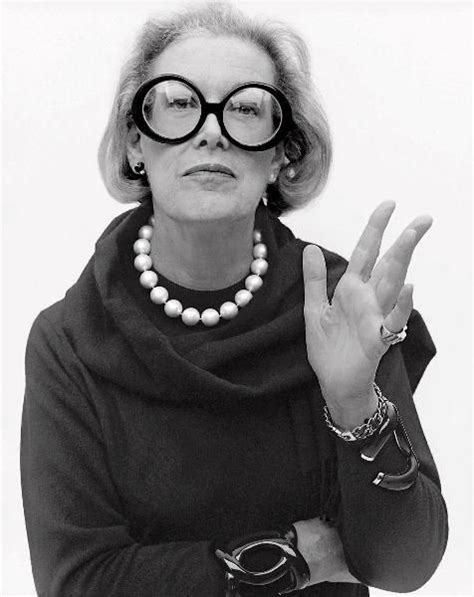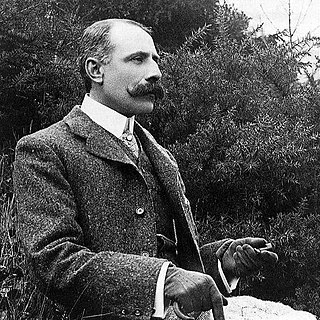A Quote by Darin Strauss
One of the disconcerting things about writing for publication is that you're trying to clear your little parcel of land in a field where Taste is king - and, as we all know, there's no accounting for Taste.
Related Quotes
Everyone has taste, yet it is more of a taboo subject than sex or money. The reason for this is simple: claims about your attitudes to or achievements in the carnal and financial arenas can be disputed only by your lover and your financial advisers, whereas by making statements about your taste you expose body and soul to terrible scrutiny. Taste is a merciless betrayer of social and cultural attitudes. Thus, while anybody will tell you as much (and perhaps more than) you want to know about their triumphs in bed and at the bank, it is taste that gets people's nerves tingling.
A good taste in art feels the presence or the absence of merit; a just taste discriminates the degree--the poco piu and the poco meno. A good taste rejects faults; a just taste selects excellences. A good taste is often unconscious; a just taste is always conscious. A good taste may be lowered or spoilt; a just taste can only go on refining more and more.
One is born with good taste. It's very hard to acquire. You can acquire the patina of taste. But what Elsie Mendl had was something else that's particularly American––an appreciation of vulgarity. Vulgarity is a very important ingredient in life. I'm a great believer in vulgarity––if it's got vitality. A little bad taste is like a nice splash of paprika. We all need a splash of bad taste––it's hearty, it's healthy, it's physical. I think we could use more of it. No taste is what I'm against.
Learn to look not just with your eyes but with your heart. The truth is that style and taste are all relative. It is not a question whether or not someone has good taste. It is how something feels to the individual…Open your heart and mind to the world, and find the things that connect with you. How else will you know how to design your home?
An Englishman will take you into a large room, beautifully proportioned, and will point out to you that it is white- all over white- and somebody will say what exquisite taste. You know in your own mind, in your own soul, that it is not taste at all?that is the want of taste?that is mere evasion. English music is white and evades everything.
Public taste changes and the aesthetic of a culture changes over time, so the idea isn't to appeal to the aesthetic of the moment and what people will like right now; the idea is to somehow keep yourself in the public memory so that as taste evolves it will eventually come to embrace your thing. So, it's about writing to be remembered rather than writing to be liked.



































